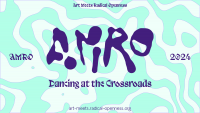led by Matej Bel University, creative training for the University students was organised with a challenge to create proposals for the logo of Slovakia Mining Treasures
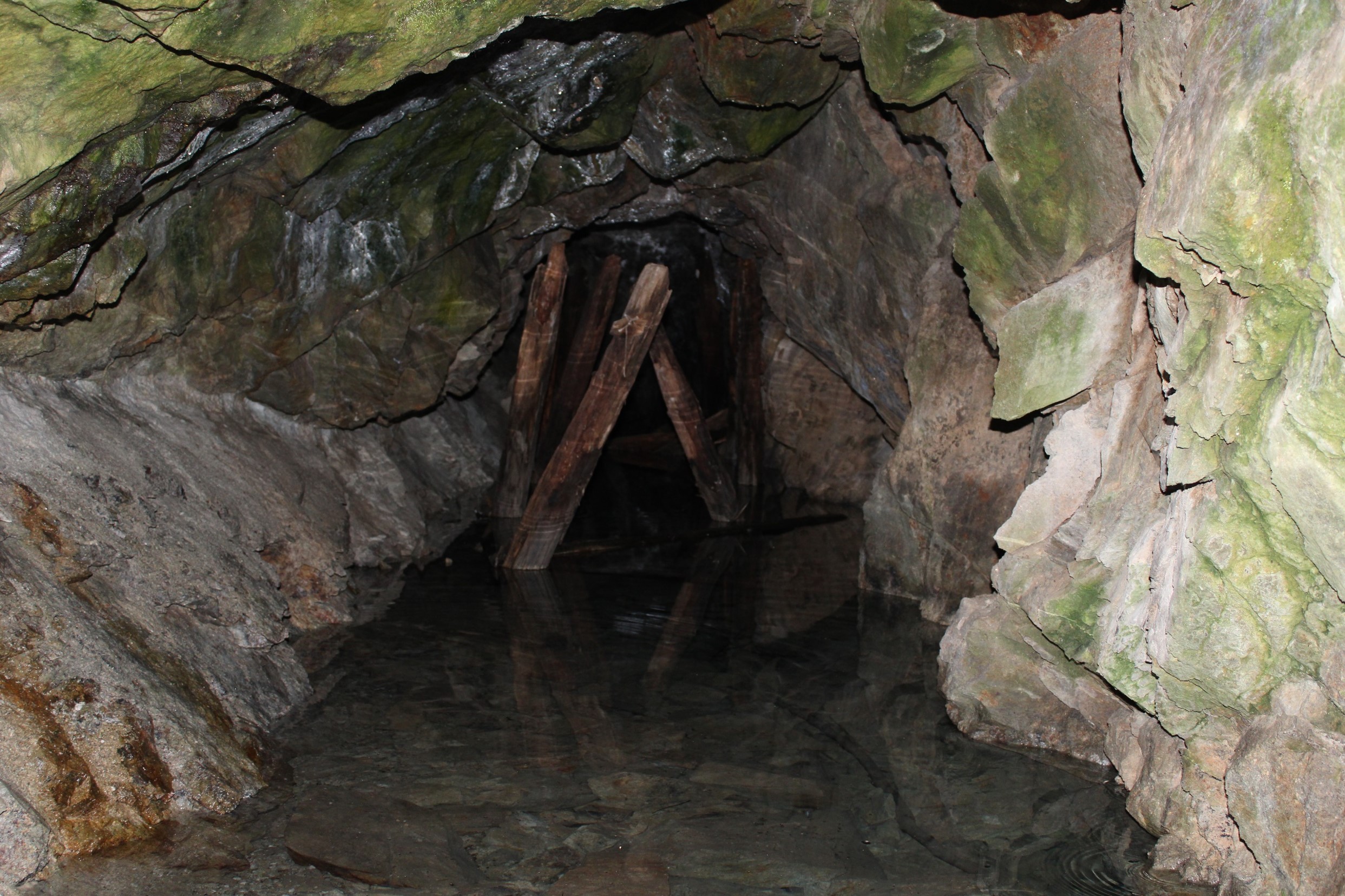
The mining site in Spania Dolina – photo by Pietro Masi CC-BY-SA
Matej Bel University is coordinating an impressive action for territorial and tourist promotion in the INCULTUM Pilot 3 Mining Treasures of Central Slovakia in the region which has significant cultural and technical heritage related to its mining history. As part of this work, a new website was recently developed in the Pilot to offer information and other servics that promote the area and its touristic offer. In the context of this action, in the period February-march 2022 a creative training for the University students was organised together with the ICT company that is in charge of the web platform, with the scope of engaging students in a challenge to create proposals for the logo and visual identity of the website “Mining Treasures of Central Slovakia” (mining treasures = banícke poklady).
Elements of the visual identity
The main communication channel is the website, which already has a predefined font and colour palette. These two brand codes should be used in the resulting visual identity and should not be replaced by other colours and fonts.
Training for logo design: The mining treasure logo should have an information function, not a communication function. A logo is not a sentence; a logo is a period at the end of a sentence, therefore, it must meet the following criteria:
- Appropriateness: the logo must be appropriate, not expressive, the less it communicates, the better. The logo must fit exactly into the identity.
- Distinctiveness: The logo must be distinctive enough and clear.
- Simplicity: The logo must not contain many layers that complicate it. It must be easy to read, it must work in very small and large sizes, and at the same time in a monochrome version.
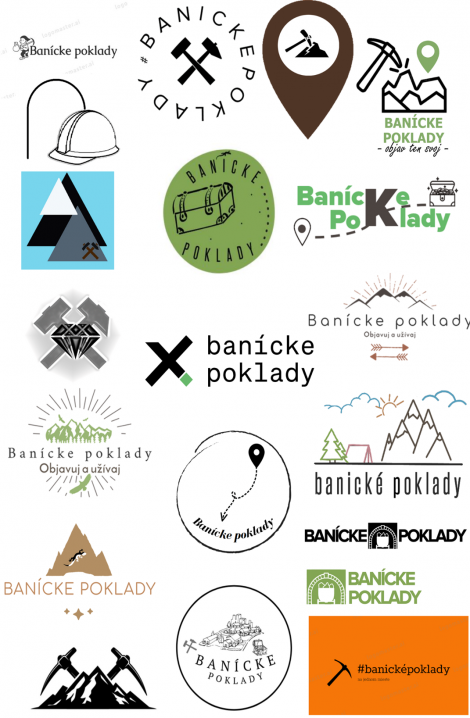 The final logo design was completed together with a professional typographer. Therefore, the quality of the concept was important, not the final visual processing. Furthermore, the students received training on font and colour palette. This was important because on the website, we use a wider colour palette, primarily from a functional point of view, so that we can distinguish the categories of activities. A more concise version is sufficient for communication. For the identity, it is necessary to select from the web palette the primary colour or colours that we will use on the communication media and define how to use them. Finally, the importance of the graphic element was explained. A graphic element can be part of a logo, a pattern, or anything else that helps us unify identity applications. It is necessary to define how all these brand codes will be used on social networks, as banners, in presentations or videos. Therefore, it is necessary to show the identity in context, for example, on social media post activity, universal cover, as a title page of a printed brochure about mining treasures or gift bag.
The final logo design was completed together with a professional typographer. Therefore, the quality of the concept was important, not the final visual processing. Furthermore, the students received training on font and colour palette. This was important because on the website, we use a wider colour palette, primarily from a functional point of view, so that we can distinguish the categories of activities. A more concise version is sufficient for communication. For the identity, it is necessary to select from the web palette the primary colour or colours that we will use on the communication media and define how to use them. Finally, the importance of the graphic element was explained. A graphic element can be part of a logo, a pattern, or anything else that helps us unify identity applications. It is necessary to define how all these brand codes will be used on social networks, as banners, in presentations or videos. Therefore, it is necessary to show the identity in context, for example, on social media post activity, universal cover, as a title page of a printed brochure about mining treasures or gift bag.
Outcomes
Based on the training received, 31 students created small working groups and worked several weeks independently on the visual identity of the mining treasures. Their work led to the creation of 19 proposals for the visual identity, logo, and design manual of the interactive mining treasures platform. Numerous interesting and relevant proposals for the logo were received, so it was quite challenging to choose the winning logo that will represent the “Mining Treasures of Central Slovakia” (mining treasures = banícke poklady).
The winning logo design is:
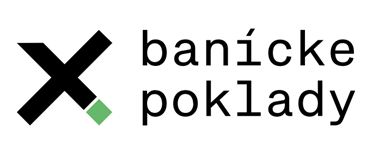
The logotype consists of the abstract symbolism of mining, a hammer, which is interspersed with a cross as a sign used in the context of marking a place, a goal, etc. (treasure). The logotype as a whole thus refers to the discovery and wandering of “mining treasures”.
The winning logo design was modified by the designers into the final form that we use on the platform, social networks, in presentations, materials, and documents. The winning logo was embedded with a pin symbol, which we use to indicate activity on the platform map. The pin sign also appeared in other student logo designs.

Number of students trained: 31
Number of proposals for visual identity: 19
Final visual identity and logo design: 1
Language: Slovak
All students who participated in this training received participation certificates.
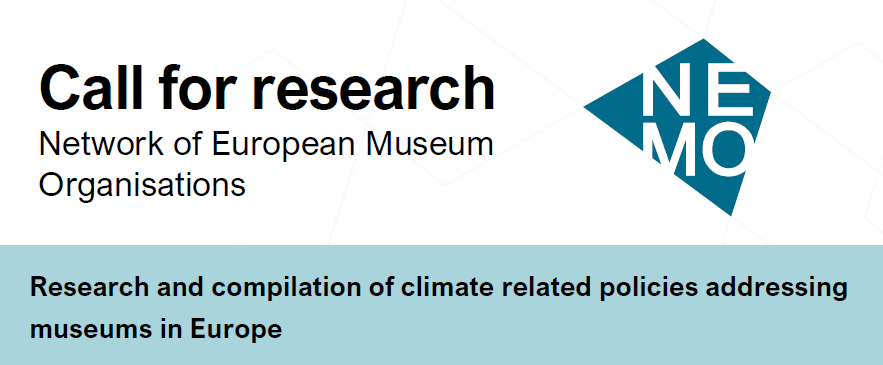 The Network of European Museum Organisations (NEMO) is looking to hire a researcher who will conduct and compile the research for a report on climate related policies that address museums in the 27 member states of the European Union. The Study should be finalised by 1 September 2023.
The Network of European Museum Organisations (NEMO) is looking to hire a researcher who will conduct and compile the research for a report on climate related policies that address museums in the 27 member states of the European Union. The Study should be finalised by 1 September 2023.


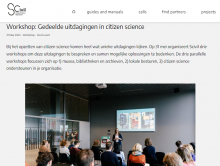
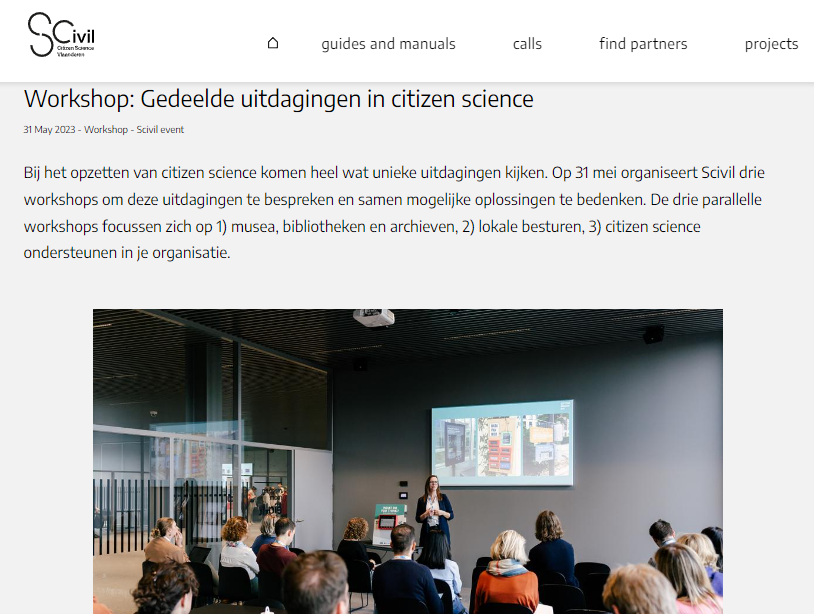
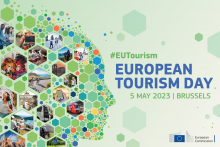
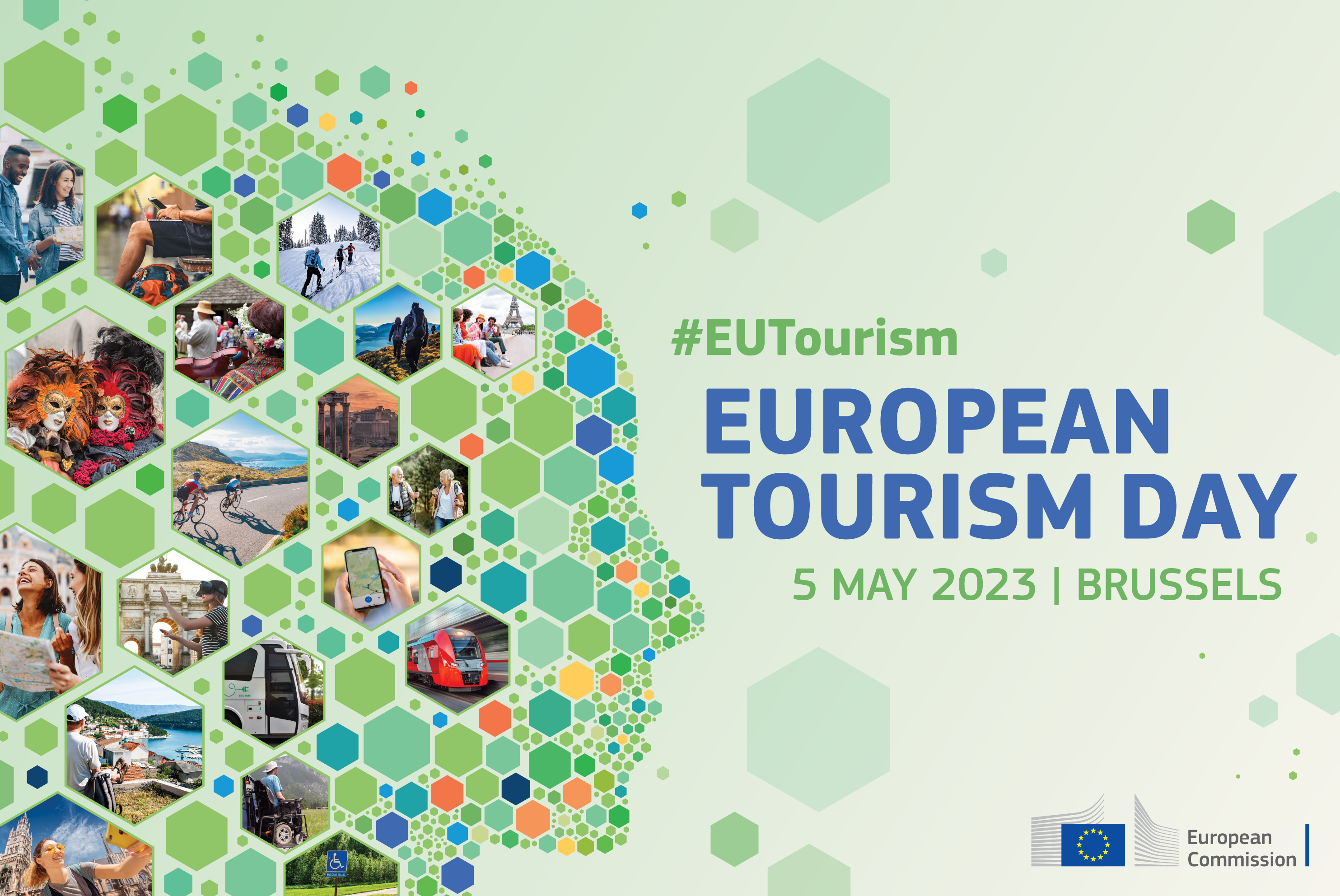
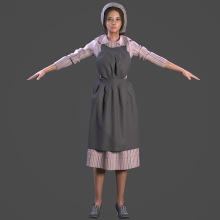





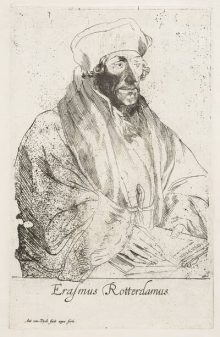
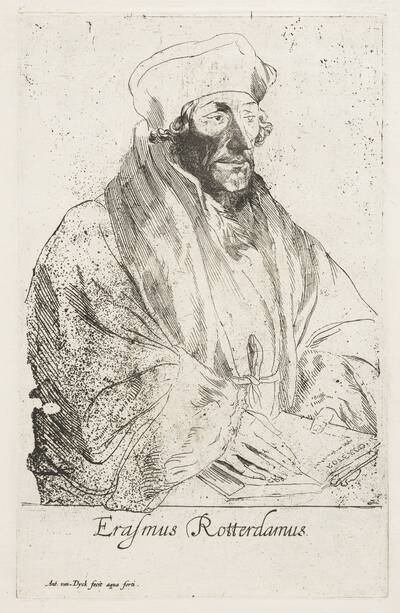
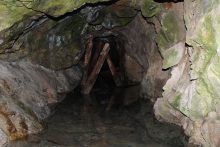

 The final logo design was completed together with a professional typographer. Therefore, the quality of the concept was important, not the final visual processing. Furthermore, the students received training on font and colour palette. This was important because on the website, we use a wider colour palette, primarily from a functional point of view, so that we can distinguish the categories of activities. A more concise version is sufficient for communication. For the identity, it is necessary to select from the web palette the primary colour or colours that we will use on the communication media and define how to use them. Finally, the importance of the graphic element was explained. A graphic element can be part of a logo, a pattern, or anything else that helps us unify identity applications. It is necessary to define how all these brand codes will be used on social networks, as banners, in presentations or videos. Therefore, it is necessary to show the identity in context, for example, on social media post activity, universal cover, as a title page of a printed brochure about mining treasures or gift bag.
The final logo design was completed together with a professional typographer. Therefore, the quality of the concept was important, not the final visual processing. Furthermore, the students received training on font and colour palette. This was important because on the website, we use a wider colour palette, primarily from a functional point of view, so that we can distinguish the categories of activities. A more concise version is sufficient for communication. For the identity, it is necessary to select from the web palette the primary colour or colours that we will use on the communication media and define how to use them. Finally, the importance of the graphic element was explained. A graphic element can be part of a logo, a pattern, or anything else that helps us unify identity applications. It is necessary to define how all these brand codes will be used on social networks, as banners, in presentations or videos. Therefore, it is necessary to show the identity in context, for example, on social media post activity, universal cover, as a title page of a printed brochure about mining treasures or gift bag.


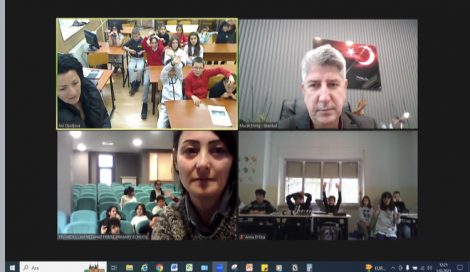
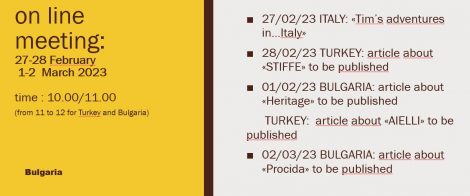
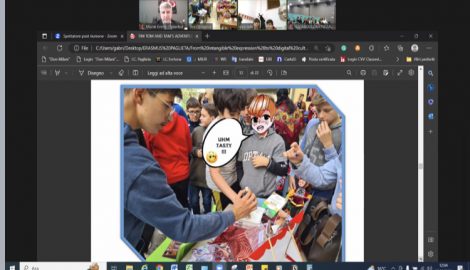
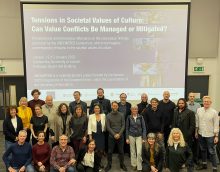
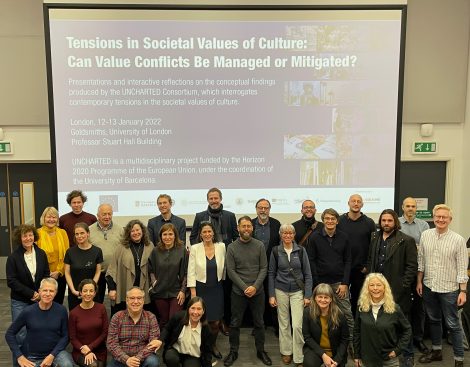
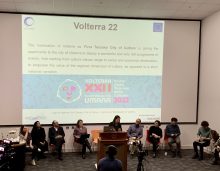
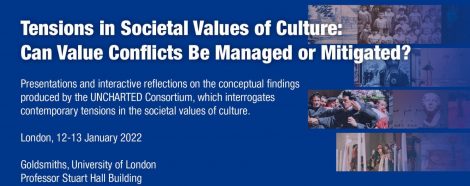
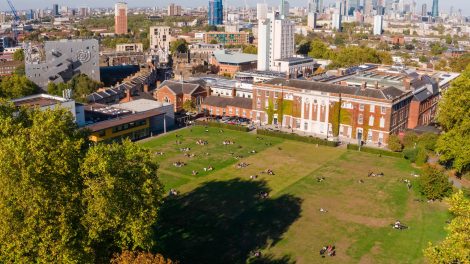
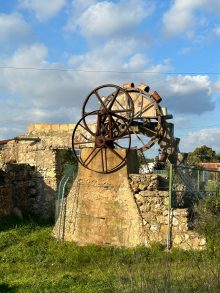
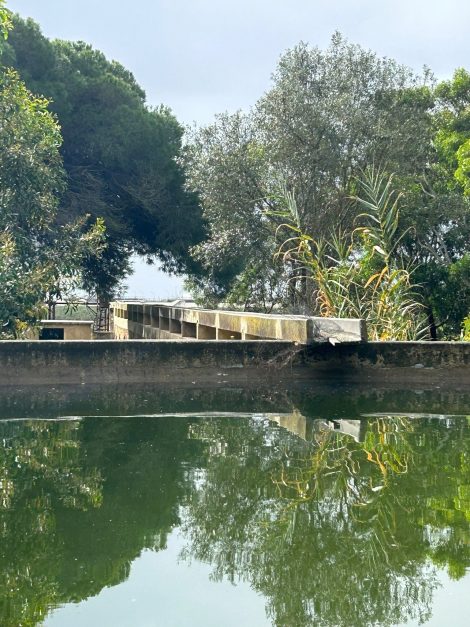 INCULTUM project and
INCULTUM project and 





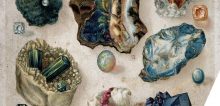
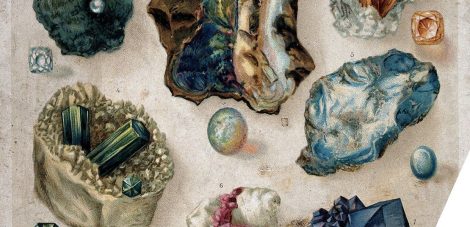
 If you have interesting news and events to point out in the field of digital cultural heritage, we are waiting for your contribution.
If you have interesting news and events to point out in the field of digital cultural heritage, we are waiting for your contribution.














